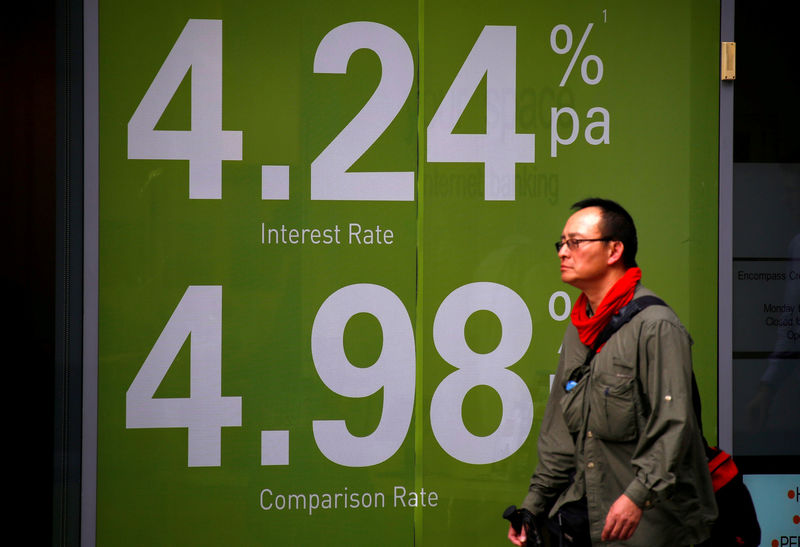Australia is being encouraged to adopt a practice of naming heatwaves, similar to that of Seville, Spain. The initiative aims to enhance public awareness and preparedness for extreme temperature events, as detailed in a new report by Rob McLeod, the policy manager at Australian non-profit Renew.
Having travelled to Spain for his research, McLeod noted the success of Seville's approach, where names like Yago, Xenia, Wenceslao and Vera were assigned to heatwaves in 2023.
The concept of naming heatwaves is part of fostering a "heat culture," where communities proactively prepare for such events, much like they do for cyclones. This includes steps like early morning home cooling, using shading, staying hydrated and checking on vulnerable individuals. Spanish cities are also working to mitigate the urban heat island effect and implementing measures including retrofitting homes and establishing cooling centres.
"Heatwaves have killed more people in Australia than any other natural hazard," McLeod emphasised, highlighting the increasing intensity, frequency and duration of these events in Australia.
The Bureau of Meteorology already issues warnings for severe heatwaves, but the naming system could further emphasise their seriousness.
Dr Sarah Perkins-Kirkpatrick, a climate scientist and heatwave expert at UNSW Canberra, supports the idea, noting its potential to convey the real and damaging nature of heatwaves.
The report also addresses the issue of inequality, pointing out that poorer households are disproportionately affected by heatwaves.
McLeod advocates for addressing energy poverty and vulnerability as central to Australia's climate adaptation policy. She warns that without "sustained and ambitious policies," the challenges posed by extreme heat will only escalate.
McLeod's research, supported by the 2023 Gill Owen Scholarship, is co-published by Energy Consumers Australia, advocating for energy use in households and small businesses.
